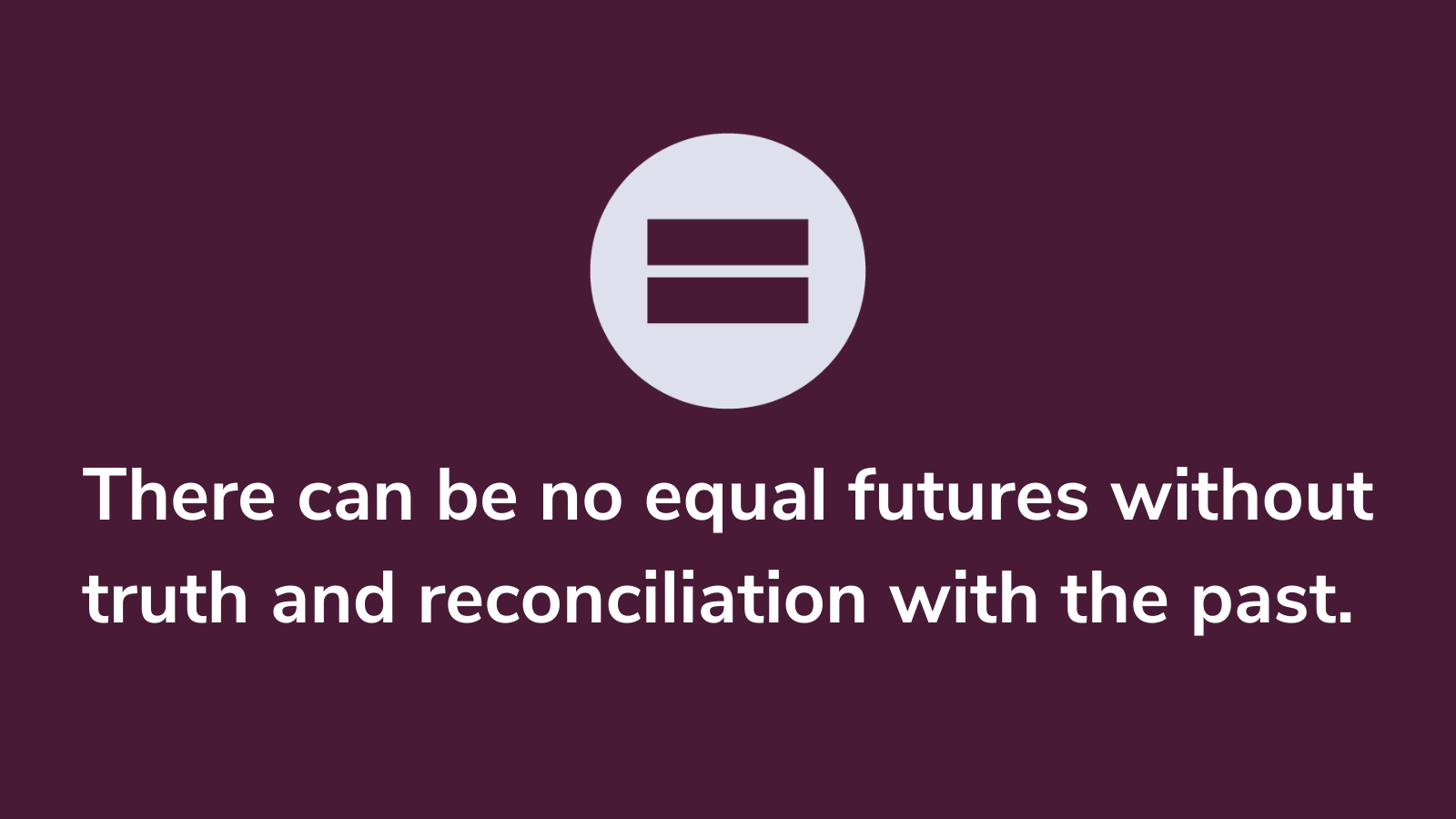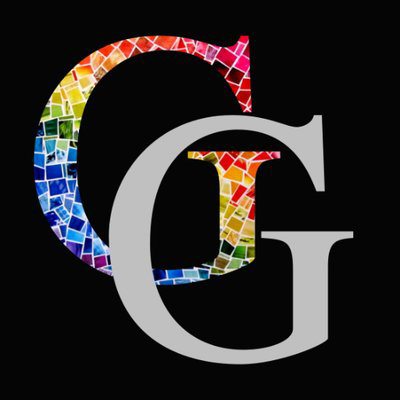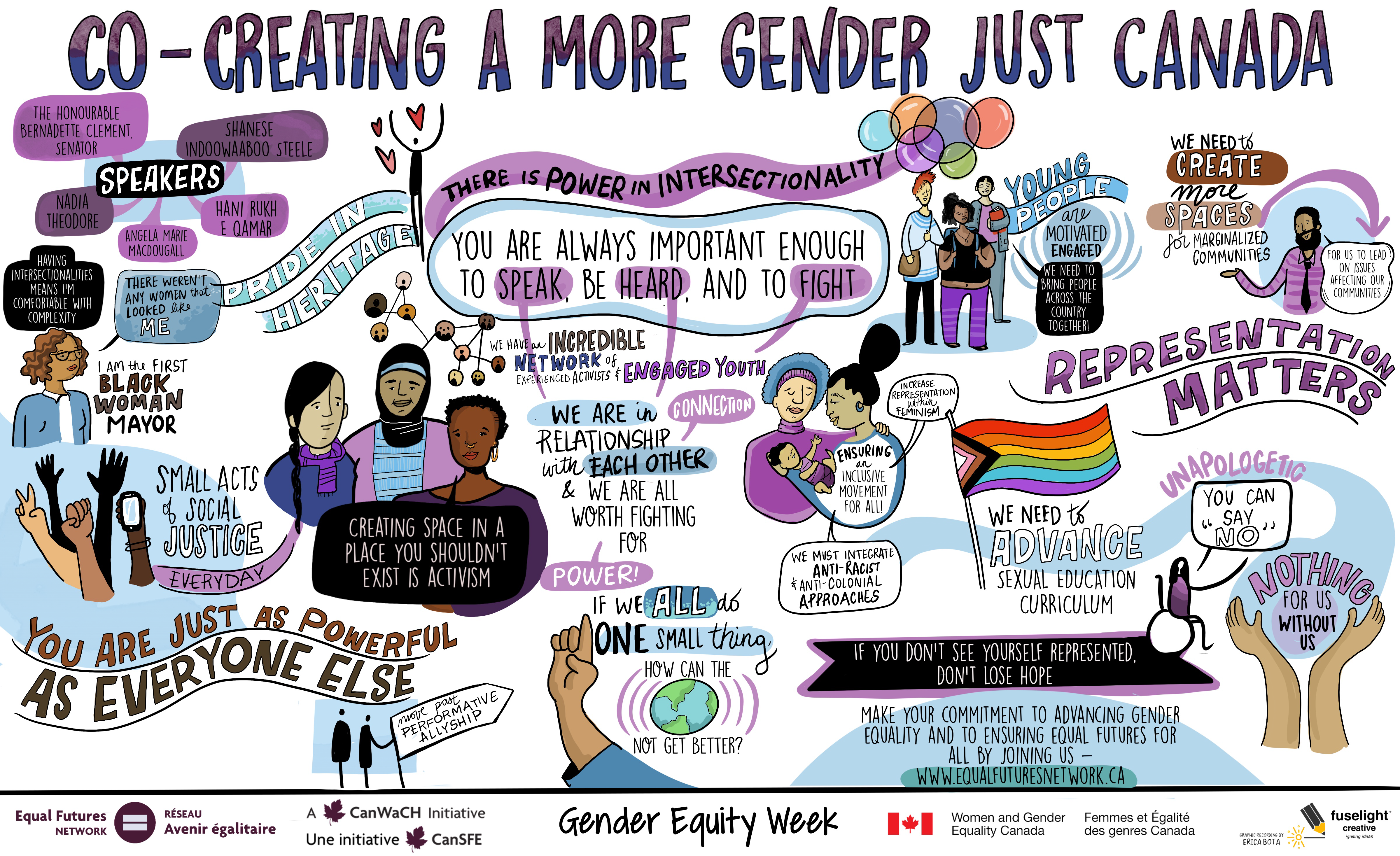
As settlers on this land, we have a responsibility to continually engage along our journey to meaningfully enact allyship, to reassess and reconsider our positionality and power in the spaces we occupy.
The Equal Futures Network, with support from the Firelight Group, has compiled this list of resources to further our understanding of the ongoing impacts of colonialism including the legacy of residential schools and intergenerational trauma while also growing our appreciation for Indigenous cultures by supporting the works of Indigenous leaders, changemakers, artists, writers and creators.
Reports and Publications
Truth and Reconciliation Commission of Canada: Calls to Action
150 Acts of Reconciliation of the Last 150 Days of Canada’s 150 by Crystal Fraser and Sara Komarnisky published on ActiveHistory.ca
5 Things You Need to Know About Solidarity in Reconciliation: Calling in White Settler Canadians by Rebecca Tan published on 4Rs Youth Movement
Whose Land Is It Anyway? A Manual for Decolonization by the Federation of Post-Secondary Educators of BC (FPSE)
Stolen Lives: The Indigenous Peoples of Canada and the Indian Residential Schools, Chapter 8: White Paper, Red Paper by Facing History and Ourselves
Indigenous Peoples: A Guide to Terminology by Indigenous Corporate Training Inc.
Nation to Nation and why it matters by Sara Mainville
National Day of Truth and Reconciliation: How can settlers meaningfully be an effective ally to Indigenous people? by Sabrina FIelds
Kina Gwaa Gegoo Gzhe-Mnidoo Gaa Bgidana Maagii’ing (Geographies of Embodiment) by Amy Shawanda
A Brief History of the Madaoueskarini Algonquin People by Christine Luckasavitch
Writing Myself into Existence: An Essay on the Erasure of Black Indigenous Identity in Canadian Education by Etanda Arden
Let’s Talk about Indigenous Mental Health: Trauma, Suicide & Settler Colonialism by Michaela McGuire – Jaad Gudgihljiwah
Free Online Trainings and Courses
Certificate of Reconciliation Studies, First Nations University of Canada
Indigenous Cultural Safety Collaborative Learning Series, Provincial Health Services Authority
San’yas Cultural Safety Training, Provincial Health Services Authority
Principled Engagement with Indigenous People, Indigenous Anti-Racism
Community & Government Organizations Courses, Reconciliation Education
Decolonial and Inclusivity Workshops (Decolonize Together), Nikki Sanchez
Reconciliation through Indigenous Education, University of British Columbia
Indigenous Canada, University of Alberta
Resources for Guiding Organizational Change
United Nations Declaration on the Rights of Indigenous Peoples (UNDRIP)
Decolonization Toolkit, VIDEA
Books
Medicine Unbundled: A Journey through the Minefields of Indigenous Health Care by Gary Geddes
21 Things You May Not Know About The Indian Act by Bob Joseph
The Inconvenient Indian: A Curious Account of Native People in North America by Thomas King
The Right to Be Cold by Sheila Watt-Cloutier
Seven Fallen Feathers: Racism, Death, and Hard Truths in a Northern City by Tanya Talaga
Podcasts
Spilling Labrador Tea Under Cedar Trees
Unreserved with Rosanna Deerchild
11 Indigenous podcasts for your listening pleasure
Videos, Movies and Documentaries
Indigenous Cinema Catalogue, the National Film Board
There’s a massive free catalogue of Indigenous films online — and we have 6 picks to get you started, CBC Arts
There’s Something in the Water (Documentary)
Indigenous News and Media Sources
Aboriginal Peoples Television Network (APTN)
Indigenous Cinema Catalogue, the National Film Board
Indigenous Creators to Follow on Social Media
Indigenous Feminist Collective
Future Ancestors Services Inc.
This is a living resource that we will continue to update over time. Know of more resources? Help us to gather and share more learning resources by contacting us at info@canwach.ca.
The Equal Futures Network acknowledges that Indigenous people are the traditional guardians of Turtle Island, on the land also known as Canada






